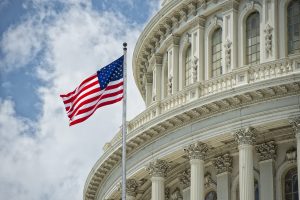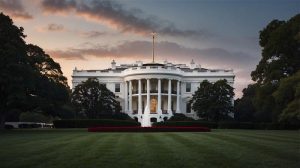Even if full normalcy is still a long way off, people are ready to return to ‘life as we knew it’. Shops have reopened, international travel is taking off again and vaccines are being rolled out globally.
Closing the remaining slack will keep boosting economic growth. However, there are signs that the speed of the recovery is slowing down just as risks are looming.
The ‘I’ word
If inflation – the main ‘I’ word on the minds of central bankers around the world – keeps rising, there is a possibility that the US Federal Reserve’s (Fed) credibility is about to be tested. Why is this?
Central banks have been debating on whether to react to the jumps in inflation following the pandemic, as many economies reopened. It is true that current inflationary pressures stem from supply, rather than demand. Consider that:
- Global suppliers struggled to predict demand for their products amid the stop-and-go pattern of reopening in many countries. This created shortages in areas such as semiconductors, which are used to produce electronic devices;
- There was a dislocation of global supply chains as containers and container ships were not made available quickly enough; and
- When Covid-19 hit, many companies decided to run down their stock levels to preserve liquidity buffers, so stockpiles were too low when the recovery in demand started.
Have conditions changed?
While these reasons still hold, we do believe there is a growing risk that inflation becomes structurally higher for the rest of this cycle, and beyond. Here are the other factors we are considering:
- The pandemic could have forced many baby boomers into career reassessment (and ultimate retirement). This would shrink the number of available workers, thereby driving wages higher.
- Following Covid-19, there will probably be a desire to bring the production of many goods closer to home to make supply chains more resilient. This would drive up costs.
- The next decade will see governments focused on the need to spend more on three key areas:
- Reinforcing infrastructure;
- Addressing climate change; and
- Redressing inequality.
- The increase in inequality has become untenable for disgruntled middle classes. Politicians, if they want to succeed, will resort to policies for enacting wealth transfers to poorer households. This includes hikes in minimum wages and minimum universal income. These could support a continuous rise in prices.
Stagflation – where economic growth is slow, while inflation and unemployment run high – would not be familiar to anyone who did not live through the 1970s. Therefore, sentiment shifts in that direction would have massive implications for almost every market in the world. This is especially true for stock markets, as they embody a considerable bet on the Fed’s predictability and effectiveness.
To find more about the latest house views from London & Capital’s Investment Desk, read the full AndPapers Q4 2021 here.
Whether you have a question or would like to start a conversation about your wealth management requirements, we would be happy to speak with you. Get in touch with London & Capital via our contact form or give us a call on +44 (0) 207 396 3388. To receive more related content subscribe here.




